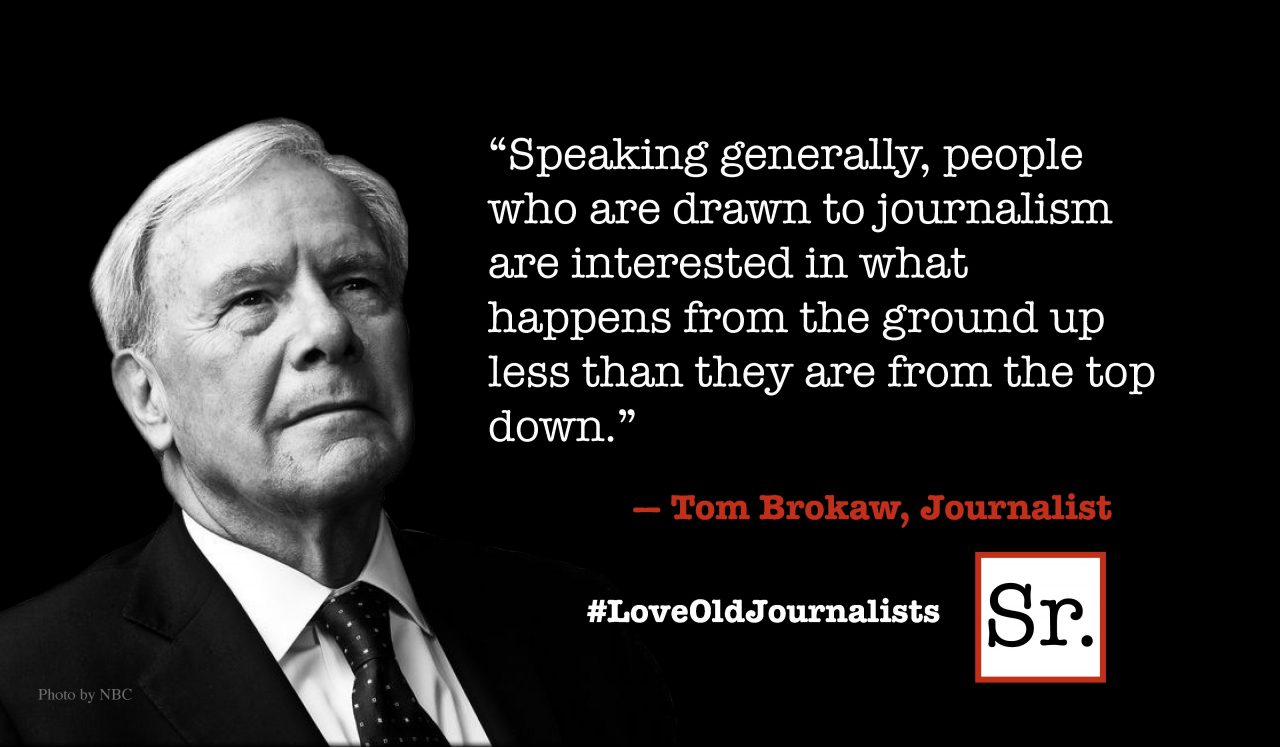A recent conversation with a healthcare executive reminded me that Jack Welch’s management rule of 20-70-10 inevitably increases turnover. Twenty percent of your employees – top performers – are highly rewarded. Seventy percent are being managed up or out. The bottom 10 percent is terminated or self-terminates.
The top reasons people leave your organization include:
1. Perception of limited opportunities.
2. Lack of senior leader role models.
3. Excessive workload, especially attributed to bureaucratic and management inefficiencies.
4. Non-competitive rewards and recognition.
5. Lack of respect for personal lives and desires.
The total costs of turnover range from 90 to 200 percent of an employee’s annual salary. (Source: Turnover and Retention)
Turnover is Good
Turnover is universally viewed as costly and detrimental. On the other hand, one could argue that turnover caused by weeding out poor performers – pruning – increases vitality.
1. How much are poor performers costing?
2. What about stagnant ideas? There’s nothing like new blood to fuel innovative thinking and challenge the status quo.
3. Does managing the bottom 10 percent out of your organization energize performance cultures?
Counterproductive
If turnover makes room for fresh blood, traditional employee orientation programs that train people to fit in aren’t helpful. They teach people to respect the establishment rather than challenge the status quo.
How about teaching them to stand out?
When organizations drain creativity from new people – and we know they do – bringing new people in won’t matter much. Additionally, nearly everyone looks down on new people. If they stand out too quickly, they’re met with, “Who do they think they are?”
Turnover is only good if new voices are heard, new eyes are looked through, and new talent utilized.
Tap into new …
Notice the top two reasons people leave are lack of opportunity and poor leadership role models. What if new people were given opportunities and support (via mentoring and coaching) to succeed or fail fast?
Would established employees resent or sabotage new people?
How might organizations give new employees more respect sooner?









